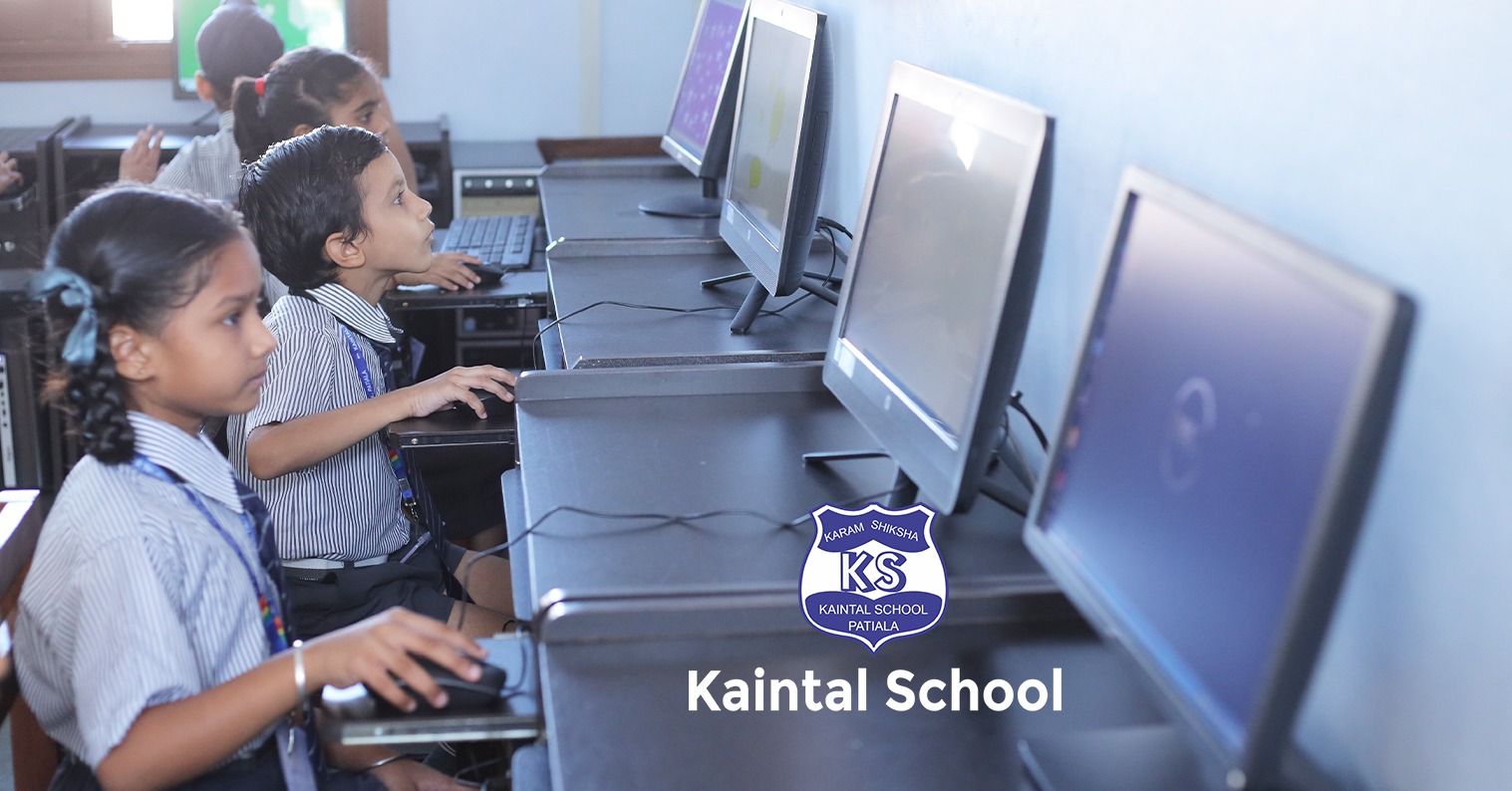
Five Benefits of Building Digital Literacy in Schools
In an era dominated by technology, fostering digital literacy in schools has become essential. Digital literacy goes beyond basic computer skills; it encompasses the ability to navigate, critically evaluate, and responsibly use digital information. Here are five key benefits of building digital literacy in schools suggested by Kaintal Prep School one of the Best Schools in Patiala.
- Preparedness for the Digital Workforce
As the workplace evolves, digital literacy has become a prerequisite for many jobs. Introducing digital skills in schools ensures that students are better prepared for the demands of the modern workforce. Whether it’s basic computer proficiency or advanced programming knowledge, digital literacy equips students with the tools they need to excel in various careers.
- Enhanced Learning and Information Access
Digital literacy empowers students to access a vast array of information and educational resources online. Through digital tools and platforms, students can engage with multimedia content and interactive lessons, and collaborate on projects with peers. This not only enhances the learning experience but also encourages independent research and critical thinking skills.
- Critical Thinking and Problem-Solving
Building digital literacy in schools fosters critical thinking and problem-solving skills. Students learn to evaluate the credibility of online information, discern biases, and make informed decisions. These skills are crucial in navigating the information-saturated digital landscape and preparing students to be discerning consumers and creators of digital content.
- Global Connectivity and Collaboration
Digital literacy opens the door to global connectivity and collaboration. Through online platforms, students can connect with peers from around the world, fostering cultural exchange and collaboration on projects. This interconnectedness prepares students to thrive in a globalized society and promotes a broader perspective on diverse issues.
- Cybersecurity Awareness and Digital Citizenship
With the increasing prevalence of online threats, teaching digital literacy in schools includes imparting knowledge about cybersecurity and promoting responsible digital citizenship. Students learn about online safety, privacy, and ethical behaviour, equipping them with the skills to navigate the digital world securely and responsibly.
Conclusion
Building digital literacy in schools is an investment in the future of students, preparing them for the challenges and opportunities of the digital age. From enhancing learning experiences and critical thinking skills to fostering global connectivity and promoting cybersecurity awareness, digital literacy is a cornerstone for success in the evolving landscape of education and beyond. Embracing these benefits ensures that students are not just consumers but responsible and informed contributors to the digital world.

